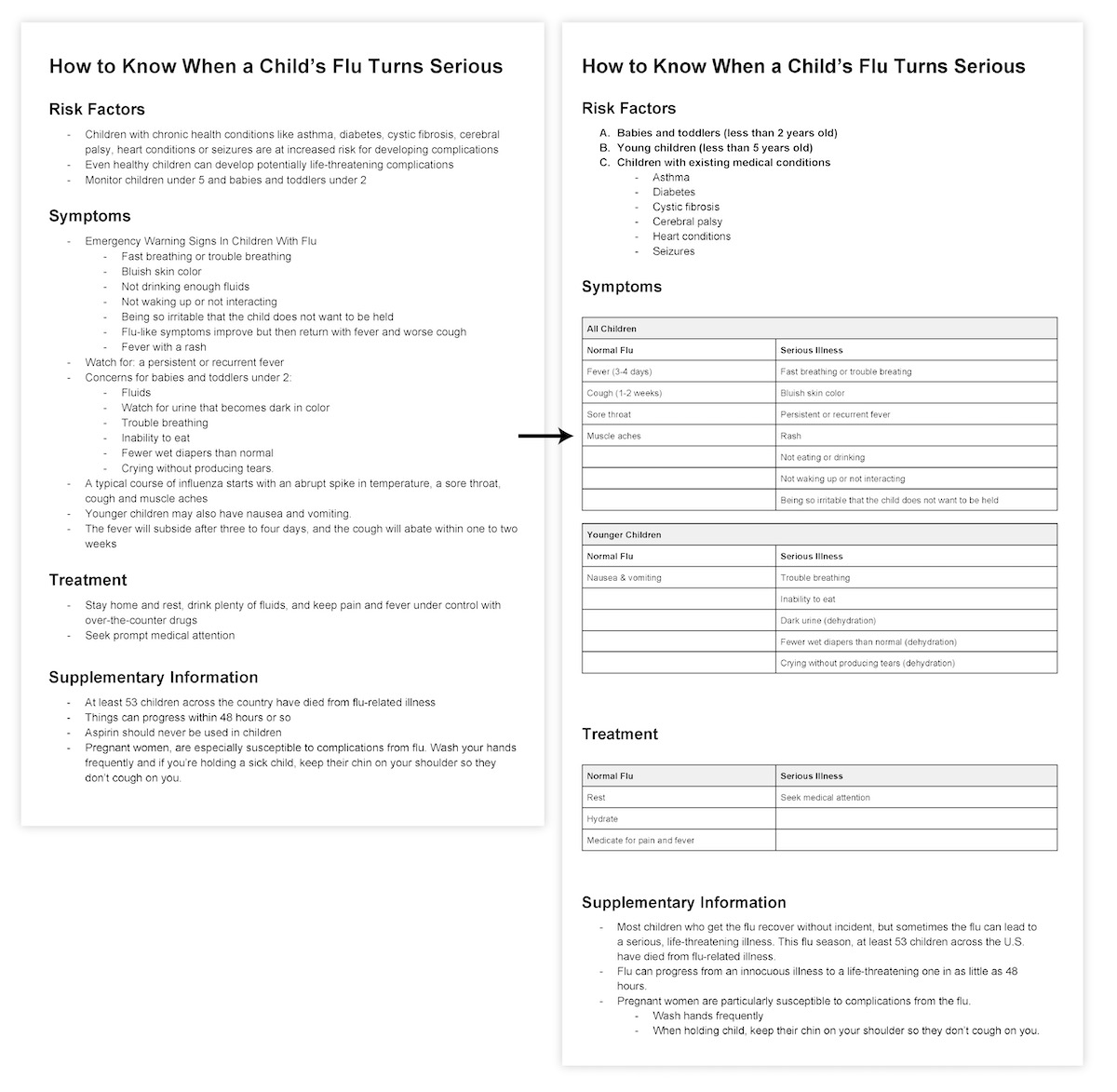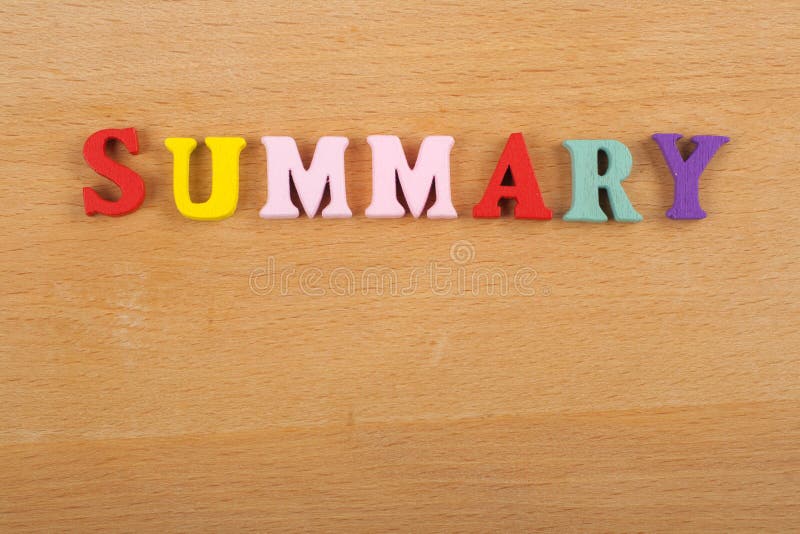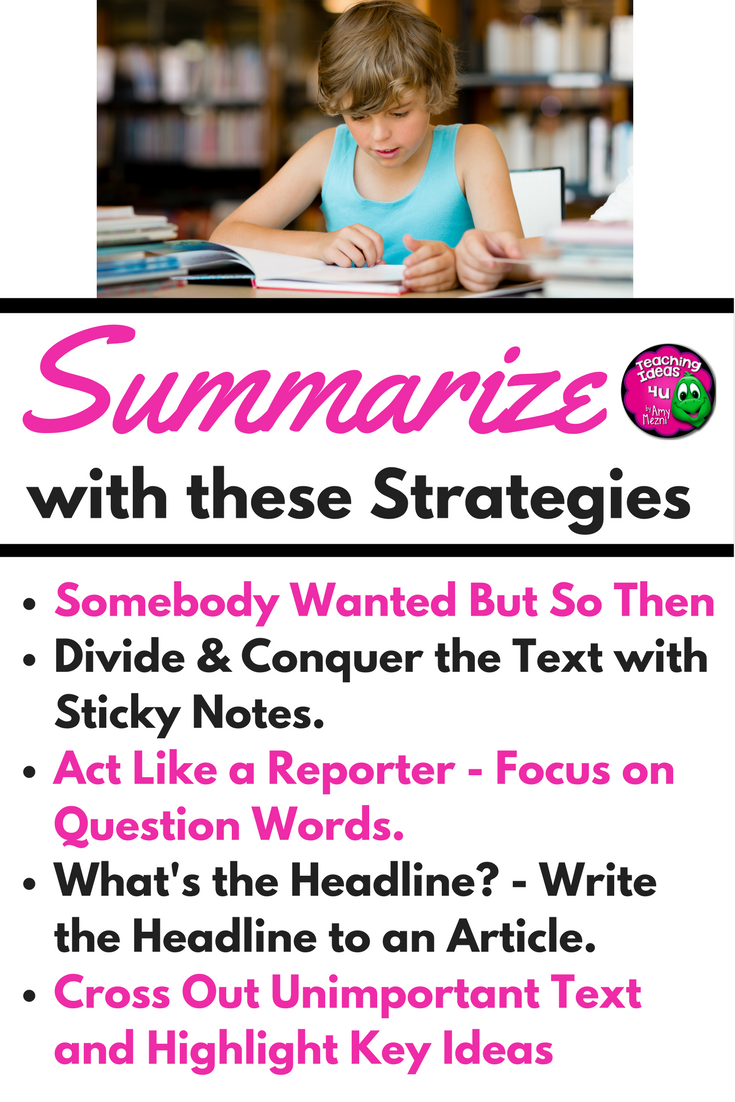

If you’re running long, start cutting items that are less of a priority. How many items go on your list depends on the length of both the summary and the source material. Next comes the outlining phase, where you list out what points to include in your summary. Otherwise you’re liable to miss something essential.

The only risk-free way to write a summary is to read or watch the source material yourself. For starters, how can you trust the writer of that summary? What if they just wrote their summary based on another person’s summary, too? Moreover, you may miss some key points or events that the other summary overlooked. If you’re doing a book report or similar paper, there’s always a temptation to skip this step and just rely on other people’s summaries. The first step is fairly obvious: Read or watch whatever it is you’re writing a summary about.
#Summarize words how to
If you want to know how to write a summary yourself, we break the process down into 4 basic steps. Summary writing uses the same best tips for all good writing. Still, to condense 281 pages into one requires a lot of cutting, so each key event is given just a sentence or two, consisting of only the need-to-know information. It’s far more detailed, too, mentioning secondary characters and adding more context to the plot events. Īs you can see, this summary is about the length of a page. Most summaries, though, are longer than a sentence, like this multi-paragraph summary example for the novel To Kill a Mockingbird from SparkNotes.
#Summarize words movie
To summarize a two-hour movie in a single sentence requires broad strokes there’s only room for the bare essentials. The main characters are mentioned-at least the protagonist and antagonist-and there is some description given about the types of events, such as “psychological and physical tests.” Right away, you’ll notice that the specific events of the movie are omitted and replaced by a general explanation of what happens. When the menace known as the Joker wreaks havoc and chaos on the people of Gotham, Batman must accept one of the greatest psychological and physical tests of his ability to fight injustice. On IMDb, the summary for the 2008 movie The Dark Knight is just a sentence long:

Let’s look at some summary examples of famous works to see what constitutes a strong summary. Learning how to write a good LinkedIn summary can help you land your dream job! Summary examples: What makes a good summary
#Summarize words professional
Even finding a job requires you to summarize your own professional background and work experience. Really, everyone needs to know how to write a summary at one point or another. Academics use summaries all the time for research papers when they write an abstract, which is essentially a summary of an entire research paper. Summaries appear in many different shapes and forms, including book reports and other school papers. However, for academic papers and more formal writing, summary writing leans towards factual and clinical. If it’s written for commercial purposes, such as the summaries on Netflix, it might be intentionally alluring and withhold spoilers. The key to summary writing is to stick to the facts do not include opinions, analysis, or bias. A summary example of Hamlet would mention the main plot points like the murder of Polonius, but wouldn’t mention details irrelevant to the plot, like Polonius’s “to thine own self be true” monologue. Summary writing is like a highlight reel, showing only the best parts and ignoring what’s not strictly necessary. Summaries are usually short, from one or two sentences to a paragraph, but if you’re summarizing an enormous work, like all seven Harry Potter books, they can stretch out over pages.
#Summarize words tv
Really, a summary is a general term used to describe any writing that briefly explains, or “summarizes,” a larger work like a novel, academic paper, movie, or TV show. But first, let’s look at the big question: What is a summary?

We share some summary examples and list out the steps. In this quick guide, we explain how to write a summary like an expert.


 0 kommentar(er)
0 kommentar(er)
